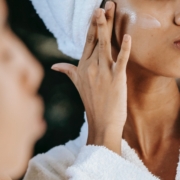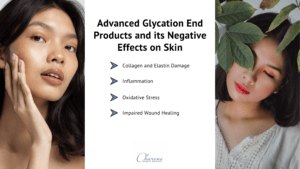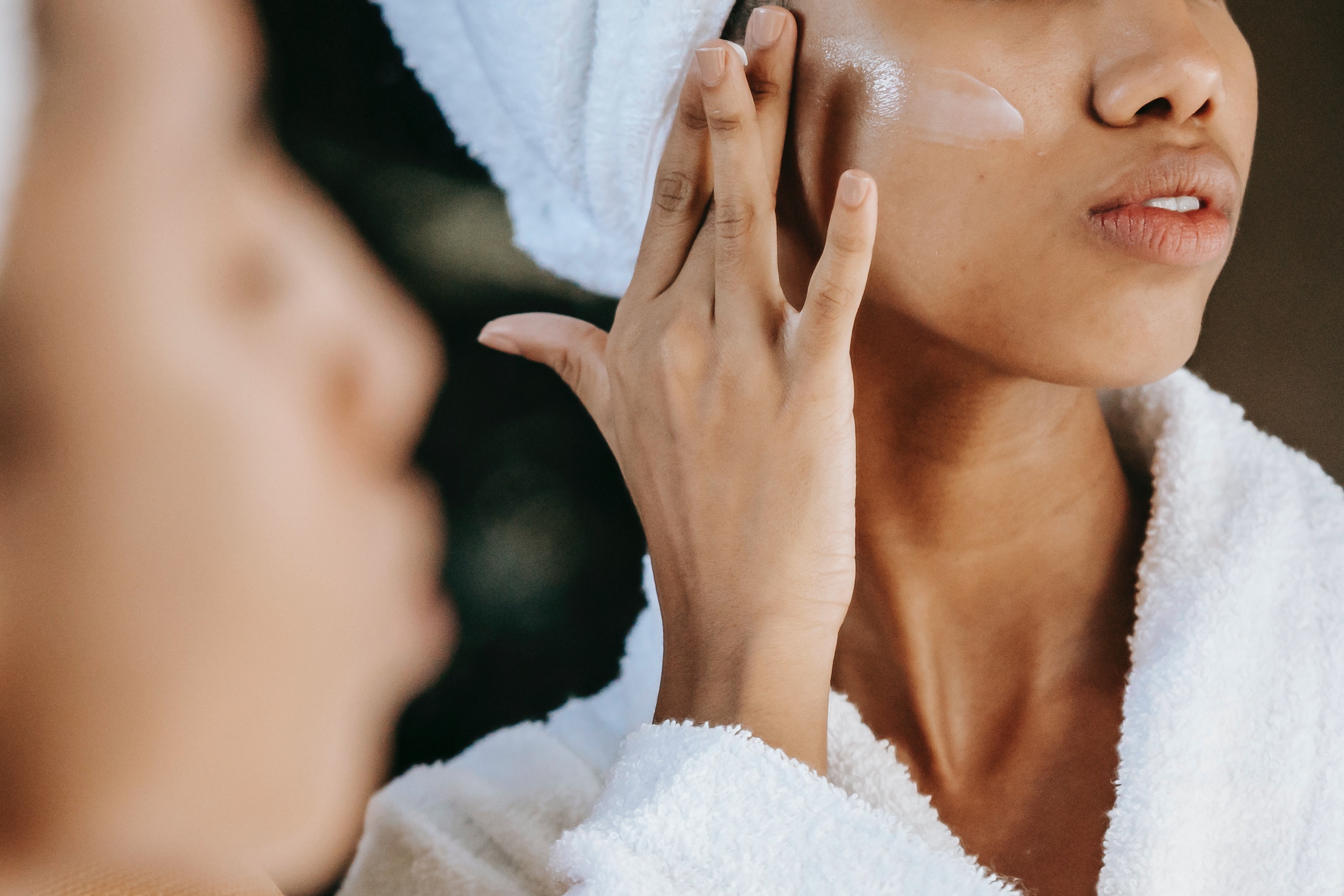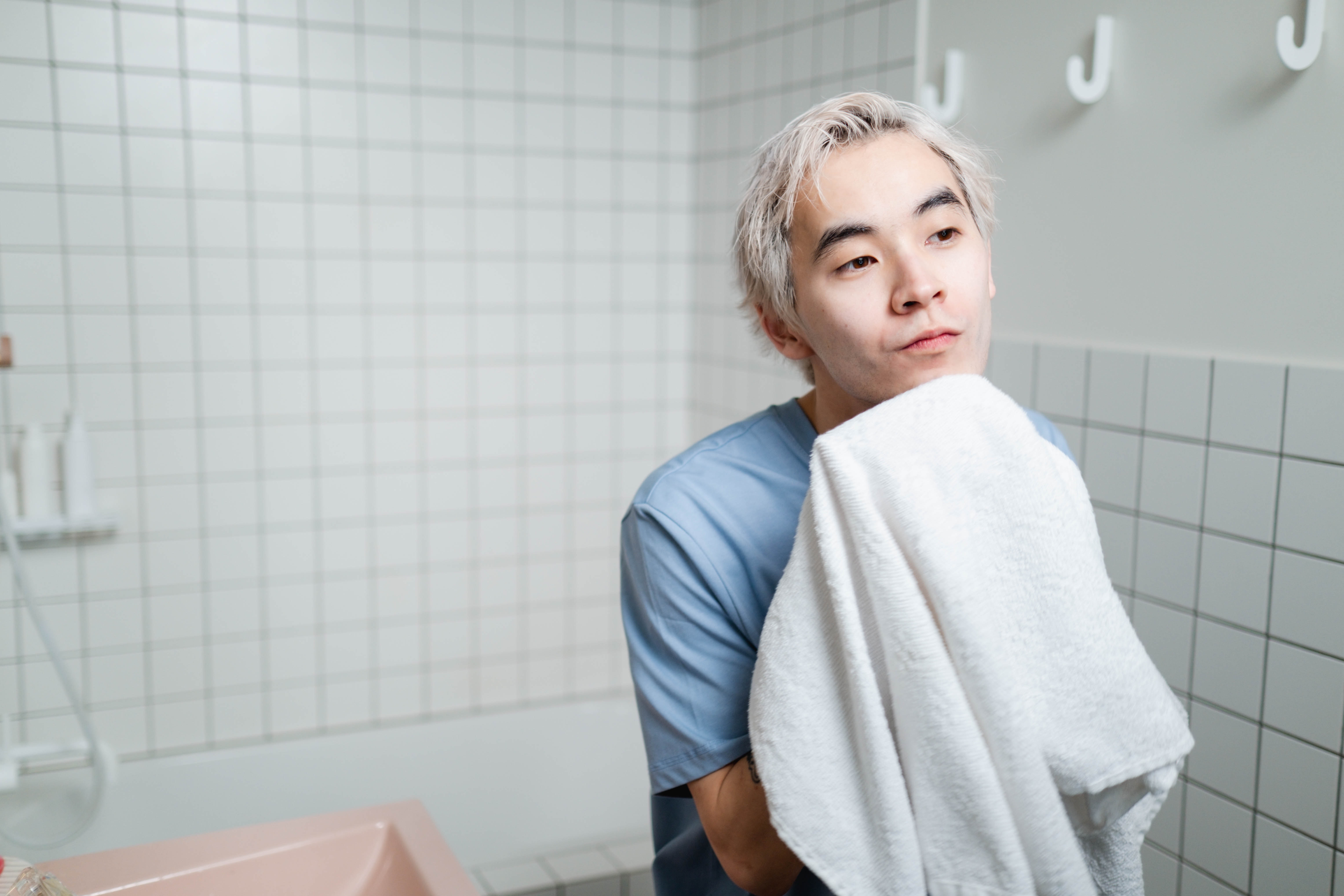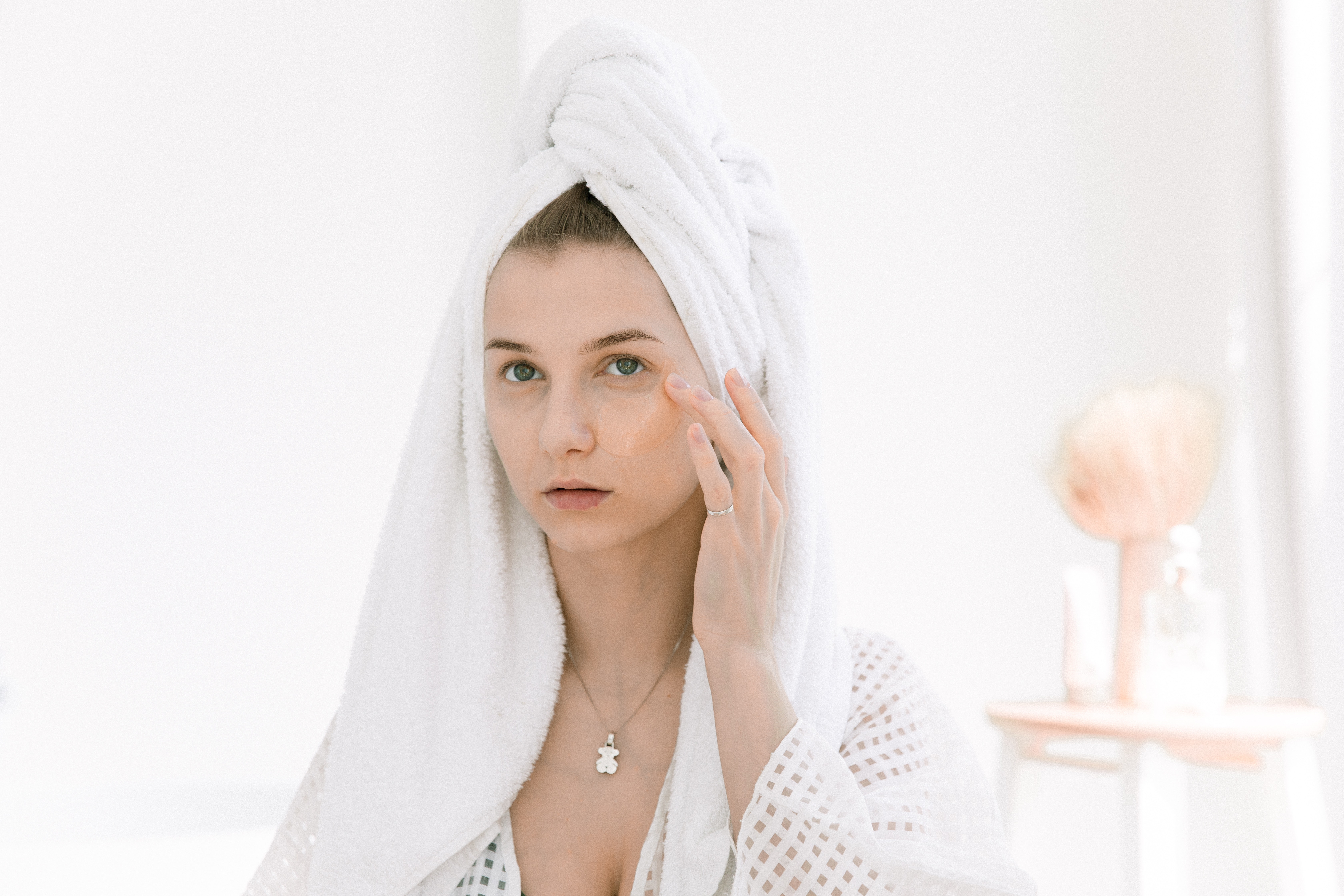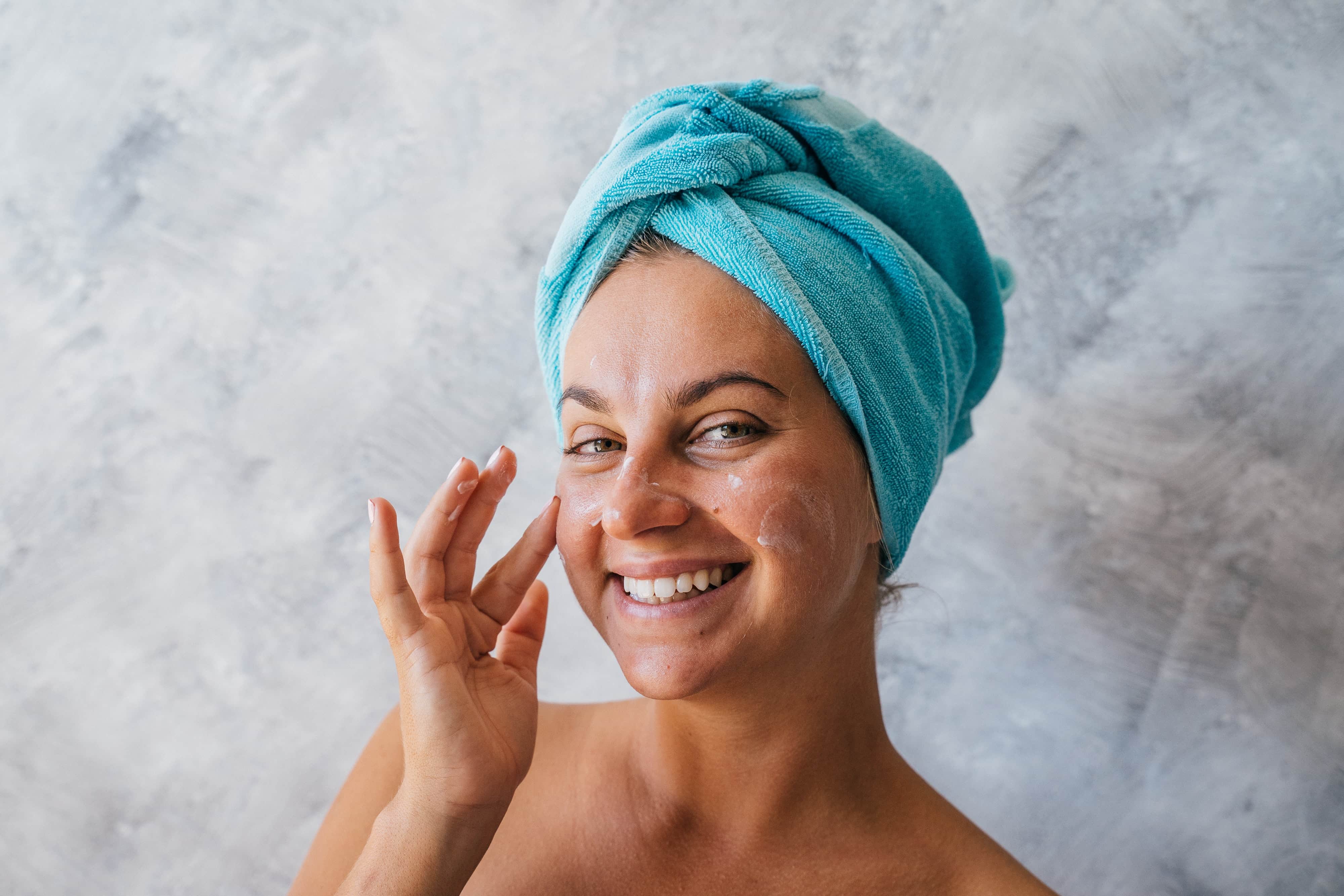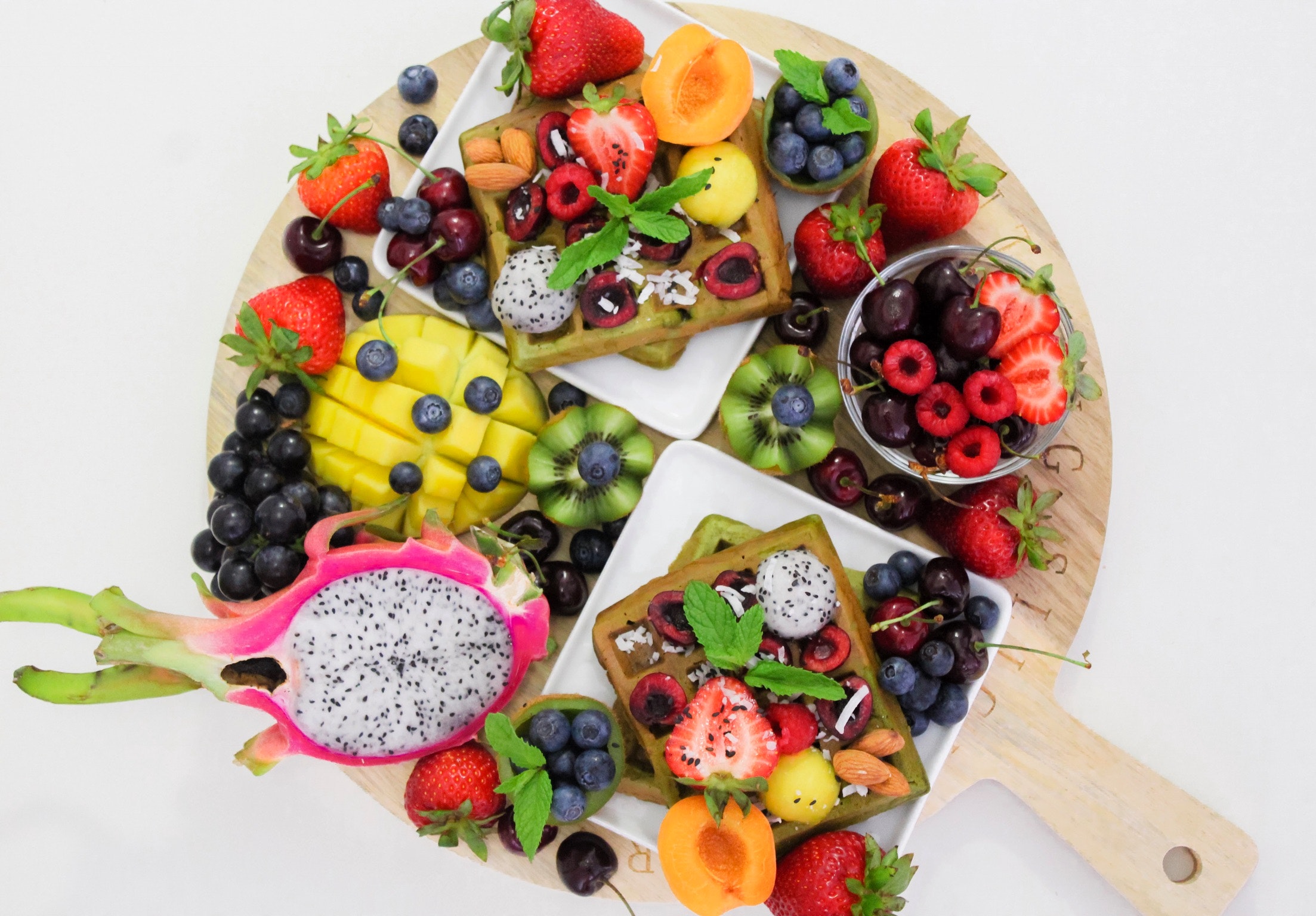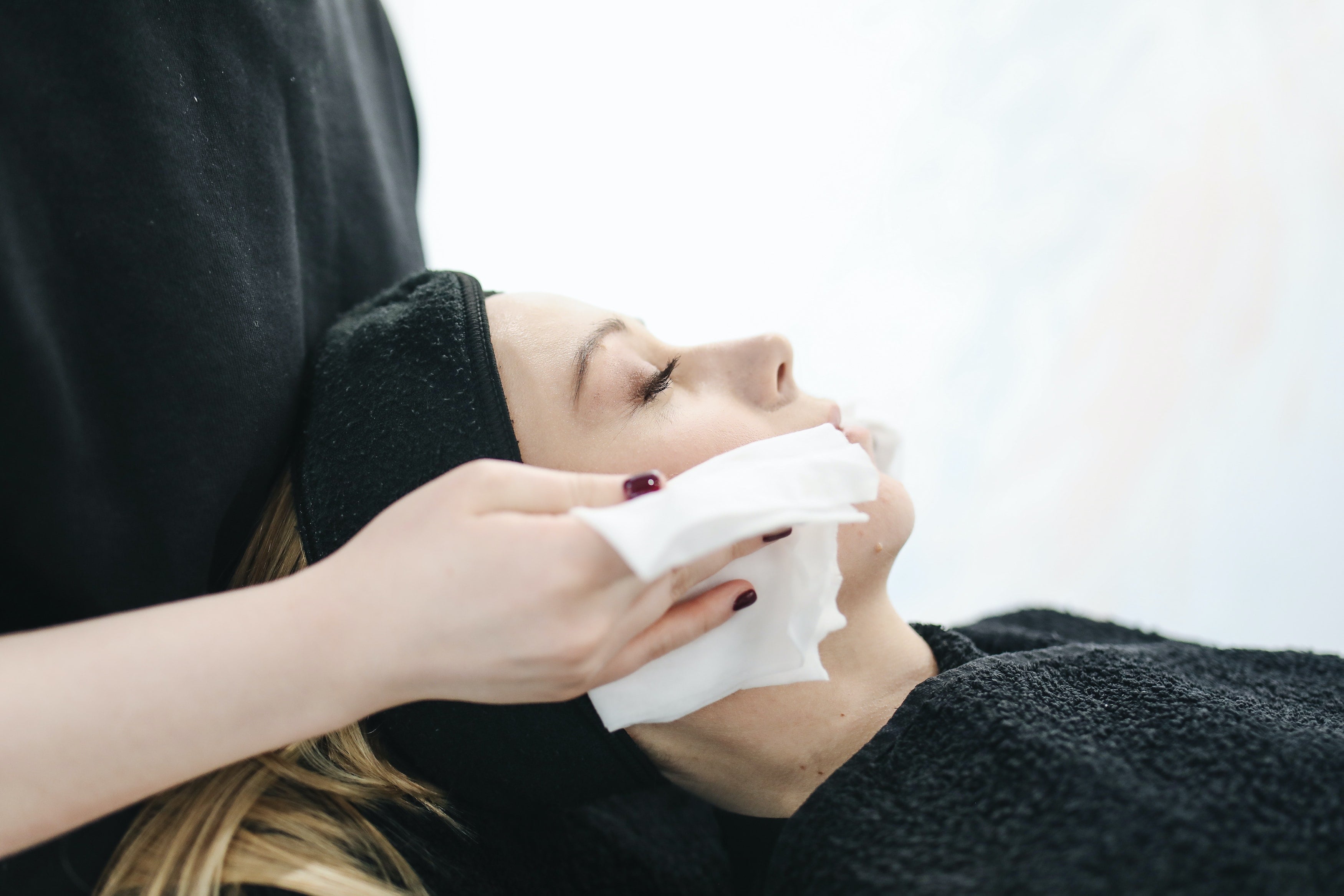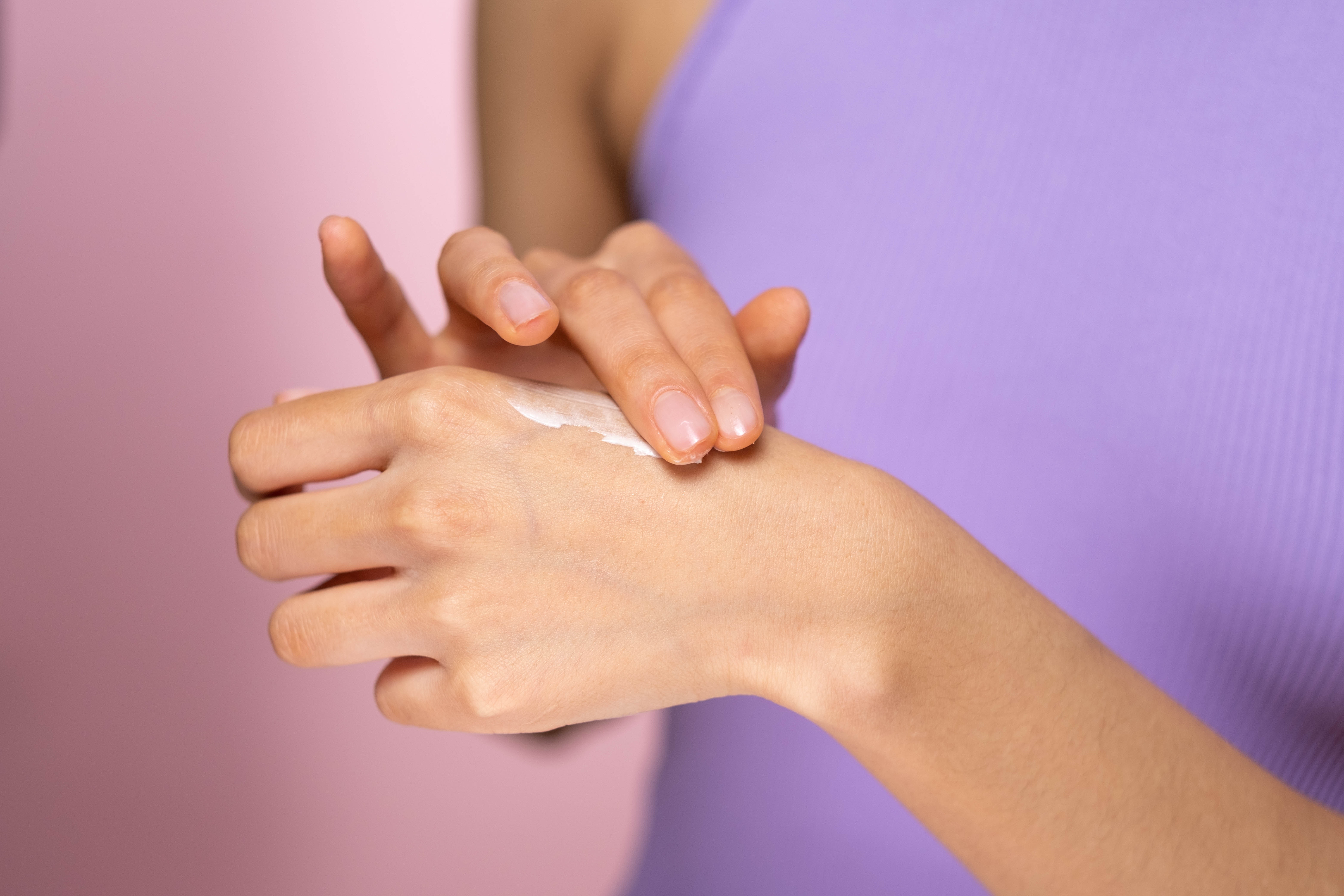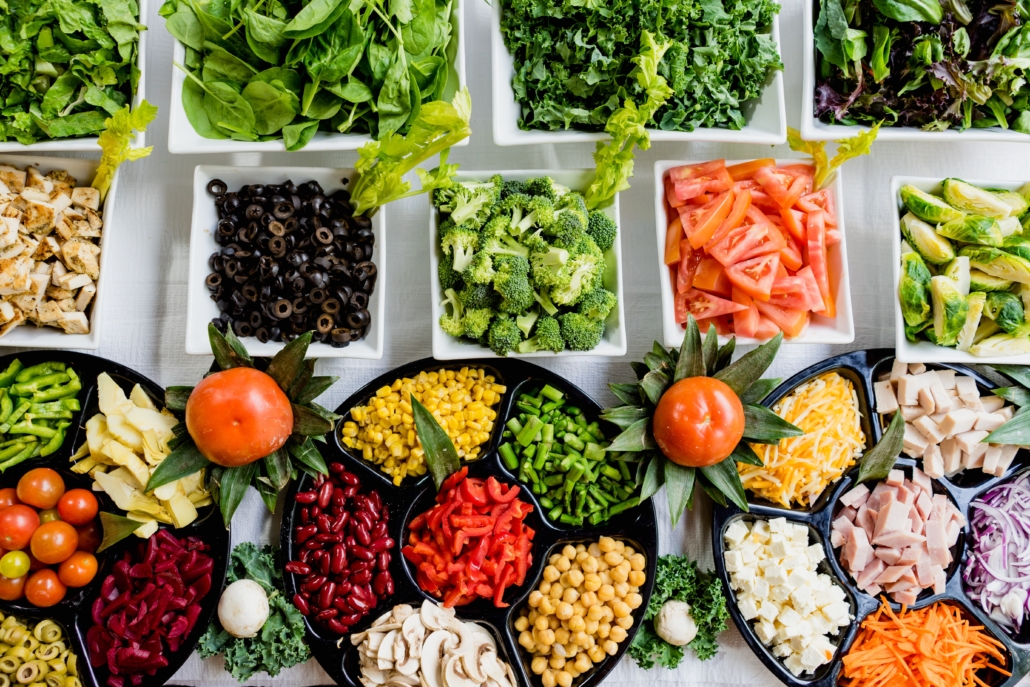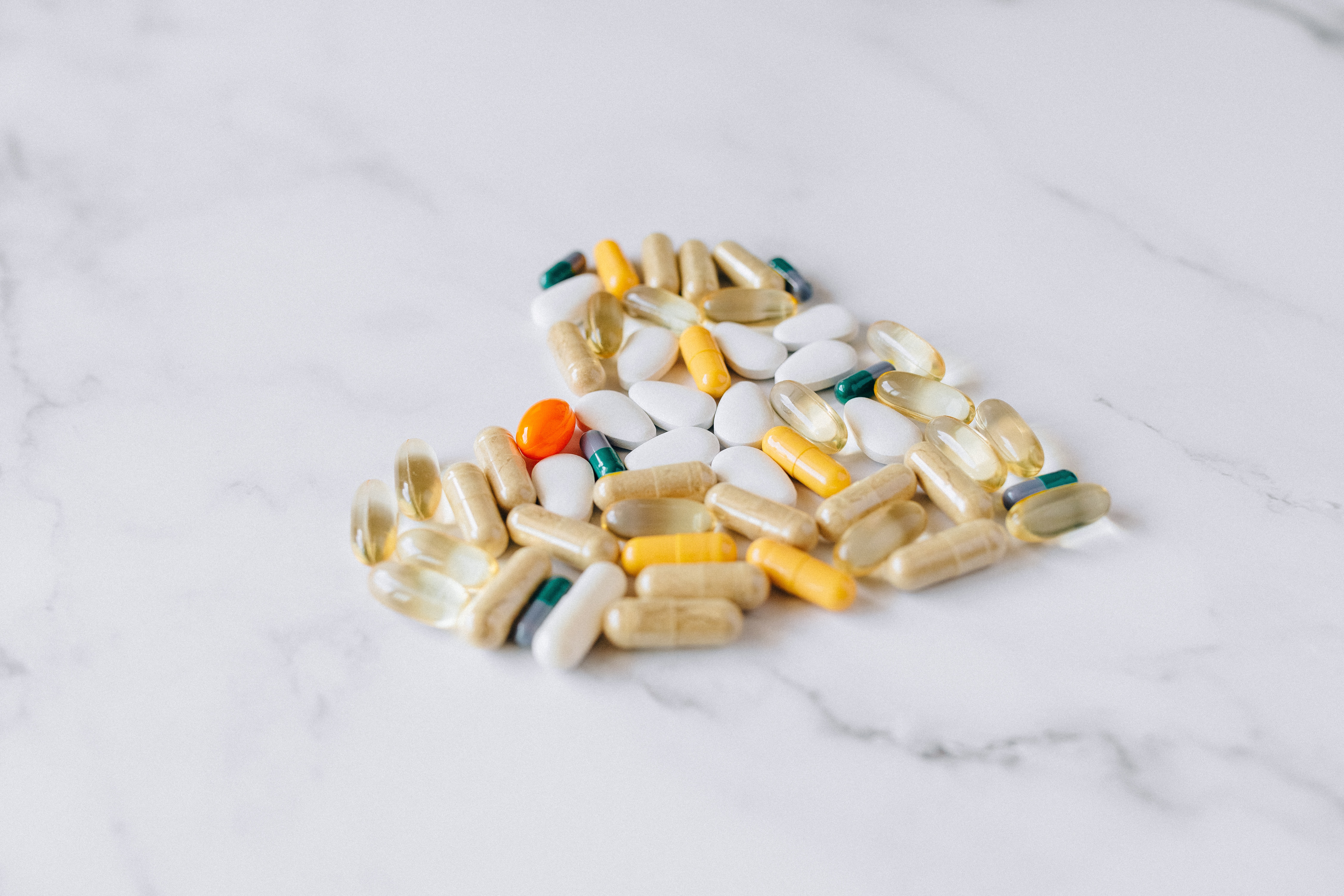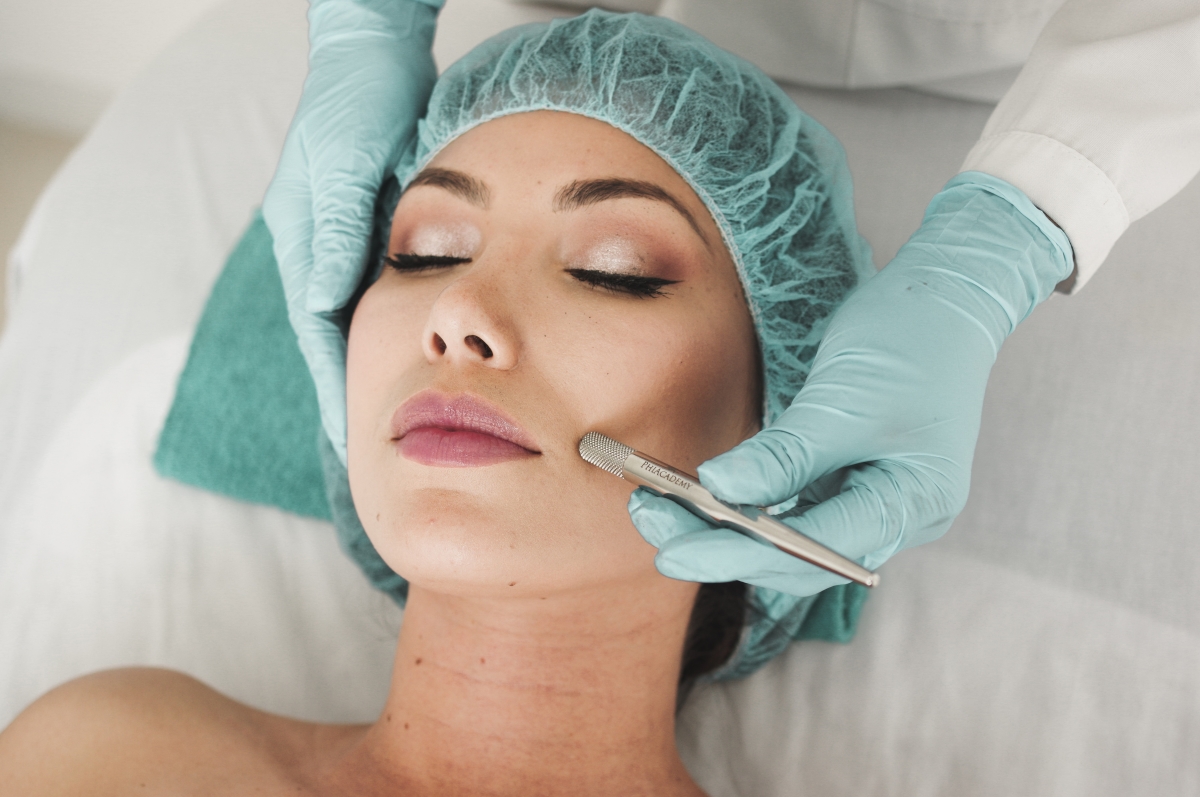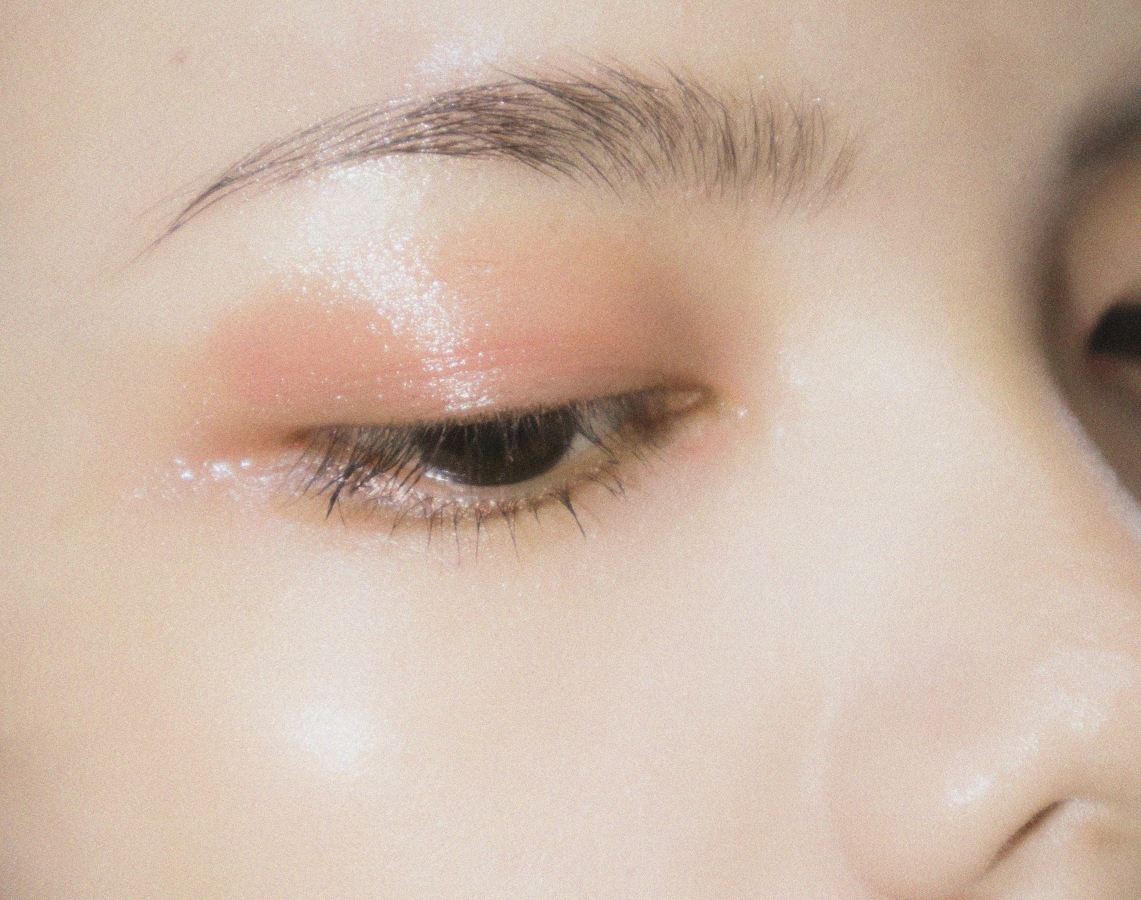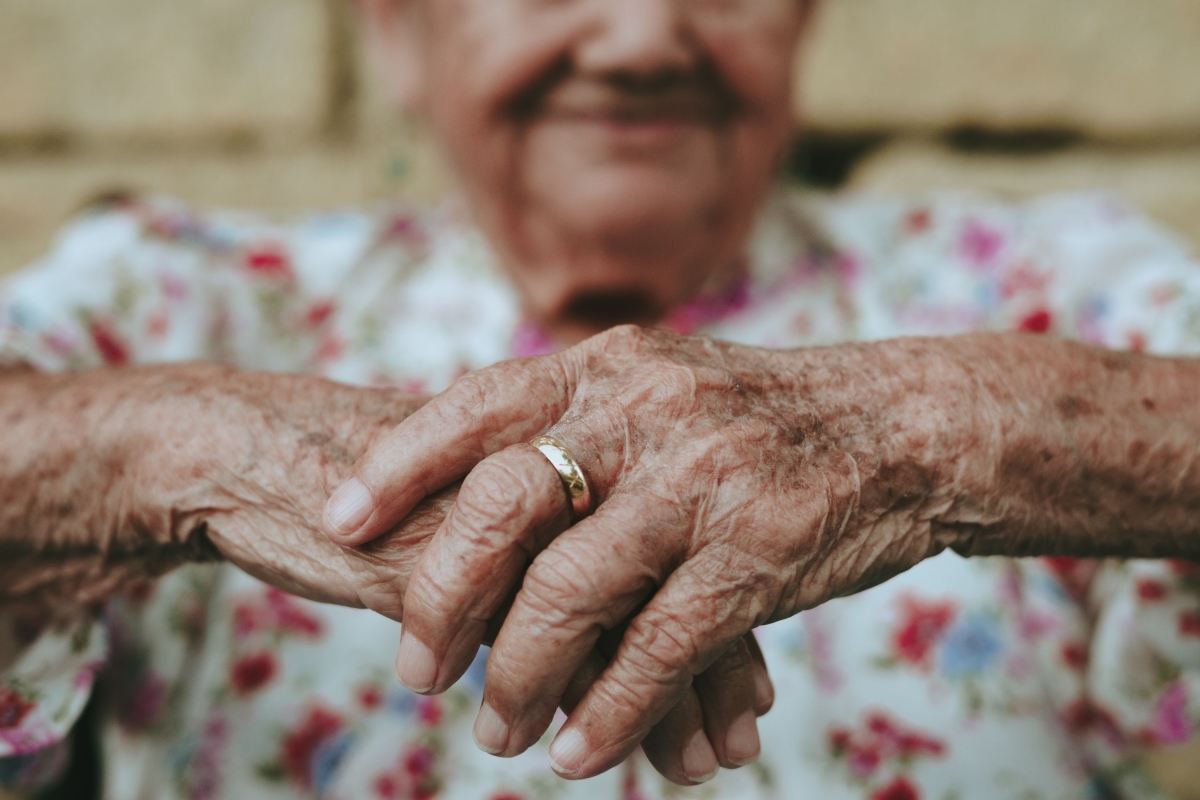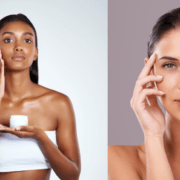Skincare Beyond Your Face: How To Take Care Of Your Skin
Influencers across the globe have convinced you to religiously use Sunscreen, Vitamin serum, retinol, and the A B C’s of AHA’s and BHA’s. This may sound like a mouthful, but an increasing number of people now research the ingredients in their skincare before trying it out. Discover essential tips to keep your neck, chest, hands, and body healthy, glowing, and well-nourished. Learn why skincare beyond your face truly matters. The fad has now become a norm!
At every juncture of life, our skin continuously changes. It may be apparent for some or minuscule for others but with age, you will notice a loss in elasticity, wrinkles, discoloration, pigmentation, and a many other changes. However, taking care of your skin goes beyond the face. Skincare tips may not be universal due to individual concerns, skin types, and lifestyles but let’s stick to the basics:
- Cleaner, Moisturizer, Sunscreen
- Hydration
- Balanced diet
- Sufficient sleep
Moisturize Thoroughly
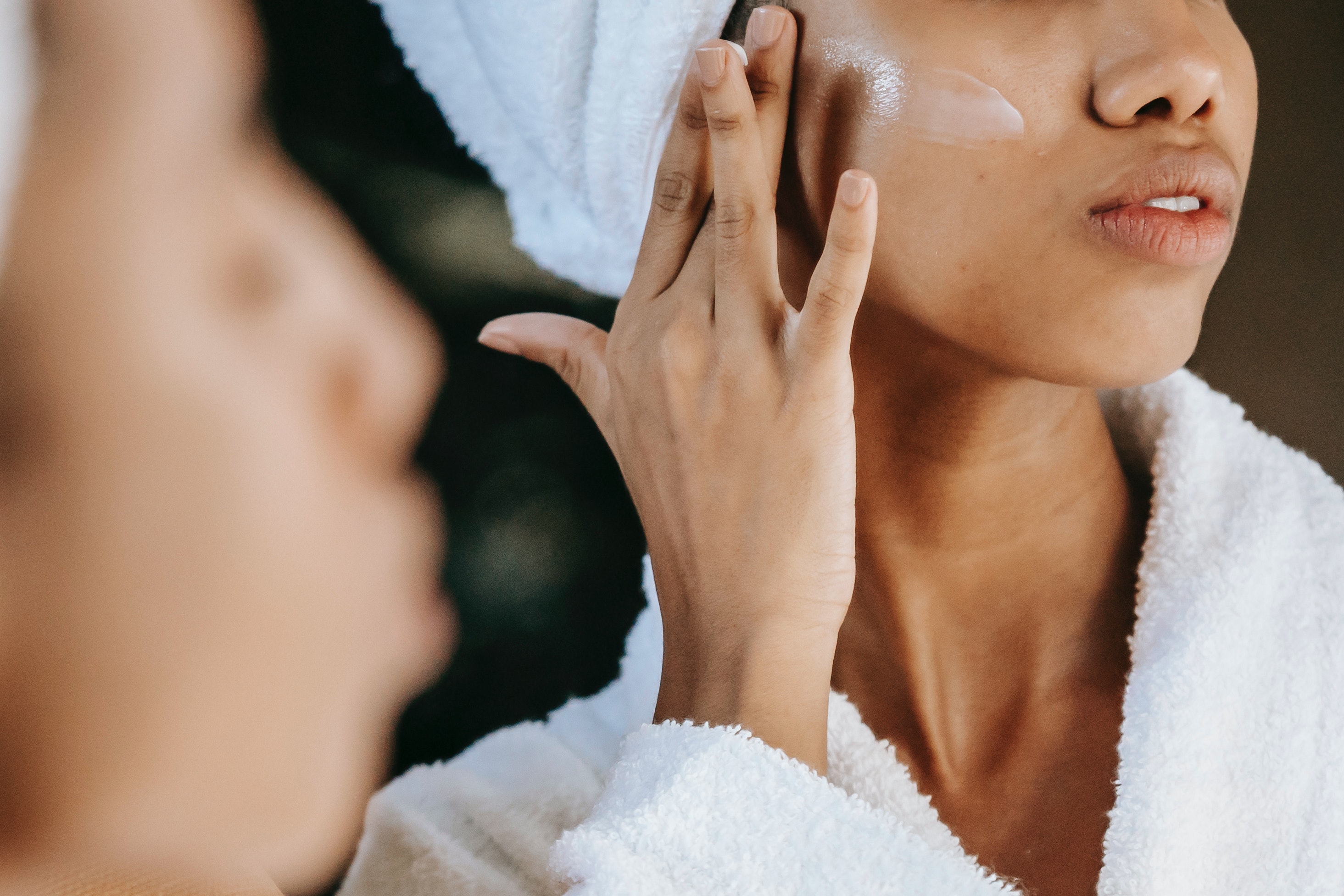
It is crucial to moisturize our body and apply sunscreen even on your neck, arms, and feet. These oft-neglected areas often show the first signs of aging or skin damage. The skin is the first protective barrier and is constantly exposed to pollutants, UV rays, and even exfoliation, and shaving.
Moisturizing is thus key to minimizing damage. Use a product according to your skin type but allow it to be absorbed into your pores right after bath and before dressing up.
Sunscreen Is A Must
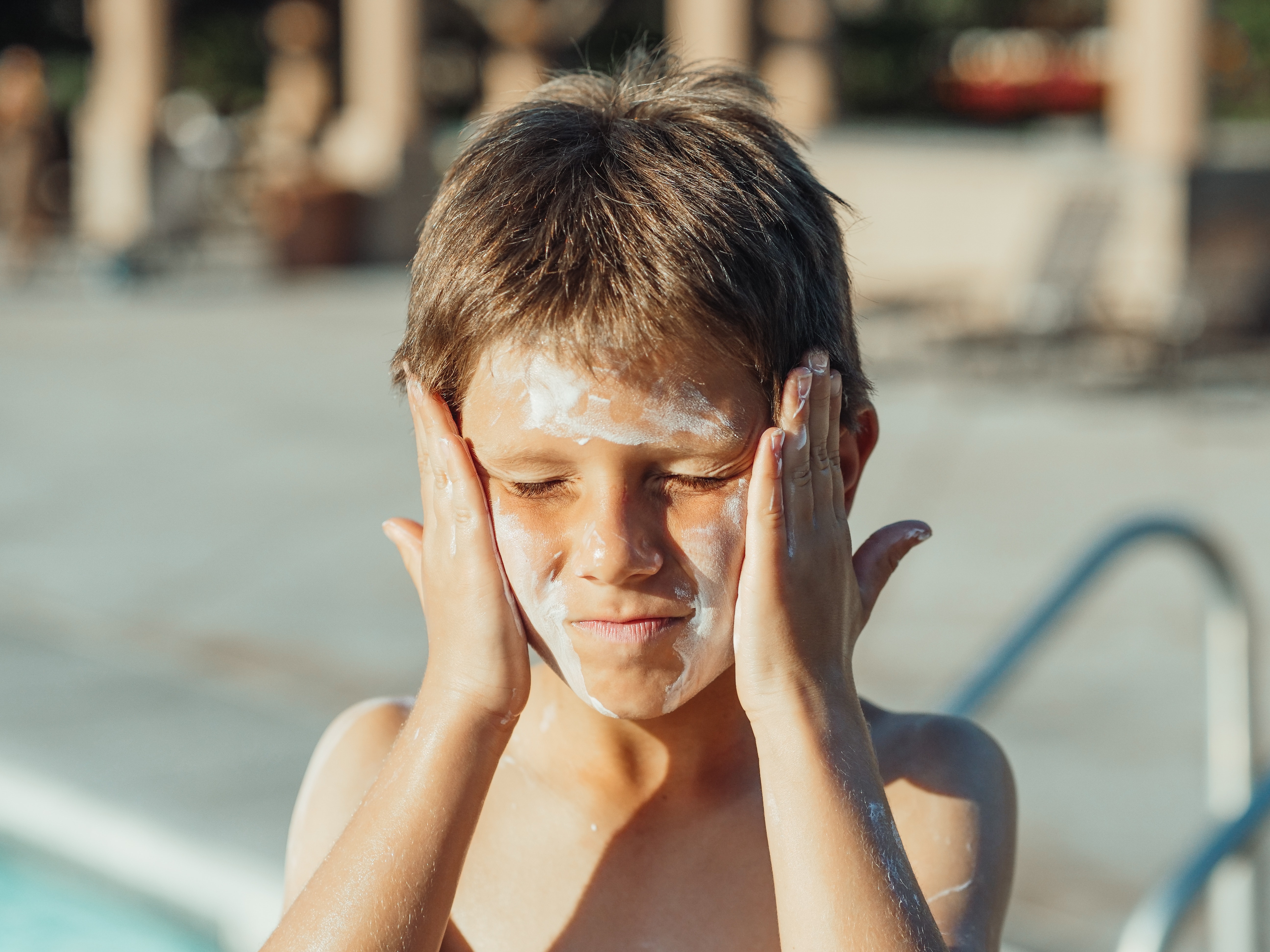
Yes, we’re talking about the benefits of SPF again because that’s how important it is. Don’t need to take our word for it, experts including Harvard Medical School Professor Jennifer Lin affirm the vast number of studies vouching for the effect of sunscreen on common skin cancers and preventing anti-aging skin effects. Remember though, sunscreen should be ideally reapplied every 2-3 hours as its effect wanes or is sweated off.
Concern about Vitamin D deficiency should also be no reason to avoid sunscreen. Consult a medical professional there are ample other ways to obtain the same through food or supplements.
Vitamin C And Retinol | Skincare Beyond Your Face

These are now bedside staple arsenal in our skincare regimen. An extensive 2017 study from New Zealand affirms that Vitamin C can reduce signs of aging, particularly hyperpigmentation, and protects against UV radiation. In fact, some say it is the only proven antioxidant that stimulates the synthesis of collagen – meaning minimizes fine lines and wrinkles.
A derivative of Vitamin A, retinol is a powerful antiaging tool. Start by patch-testing lower concentrations of retinol once or twice a week at night. And then gradually move to build up your skin’s tolerance. The recommended usage is retinol at night and Vitamin C in the morning with sunscreen! These are powerful ingredients so don’t haste and consult an expert especially if you have sensitive skin.
Enjoy The Bath Time

While taking a bath, avoid long showers and use warm (not hot) water with mild cleansers/soaps. On the contrary, some experts also say that the skin may retain essential oils and feel firmer by taking cold showers. Once a week make sure to exfoliate your skin. The exfoliating glove may be the latest Instagram advert that we see everywhere, but an occasional massage using similar scrub will surely remove dead skin cells.
Ensure that you do not scrub too hard but gently pay attention to your back, elbows, knees, and feet in particular. If you shave regularly always protect the skin using any lubricant preferably shaving cream. Please throw away your old blades! It is also important to pay attention to any moles or bumps in your body.
Feet Feat | Skincare Beyond Your Face
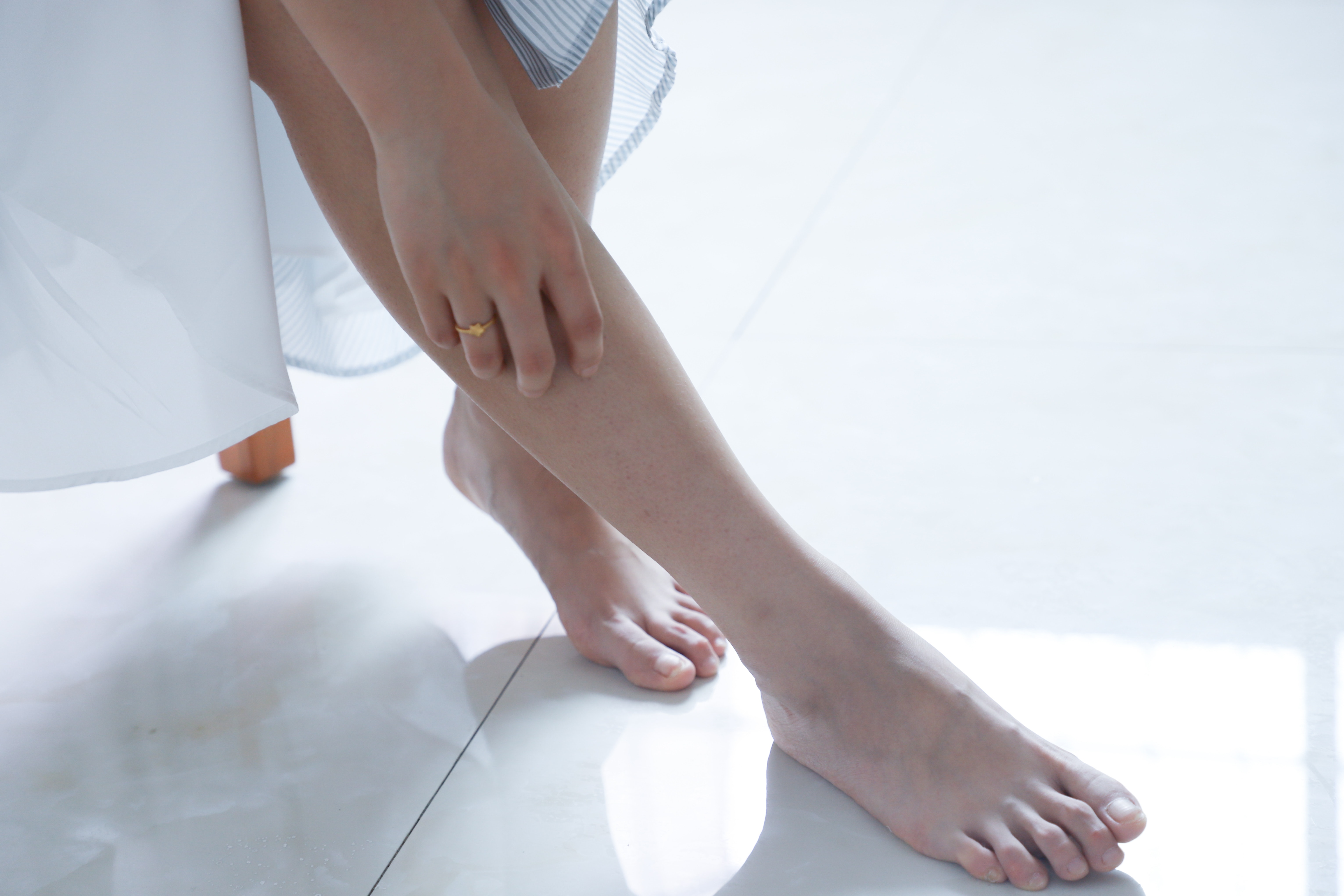
Just like you take care of your face and body invest in foot care, not for aesthetic purposes but because many infections and skin conditions. Damp or sweaty feet tend to breed bacteria and fungus leading to infections or sometimes even viral warts. Follow the exfoliating and moisturizing process for your toes too.
Our soles also have thicker skin prone to dryness and cracks hence do not limit foot care to a once-in-a-blue-moon pedicure alone. Pedicure, however, is not just another beauty regimen, it prevents ingrown nails, and accumulation of dead skin and deeply cleanses our feet.
Hand Care | Skincare Beyond Your Face

This has seen an overzealous increase post-COVID-19. Consistently washing and using alcohol-based sanitizers makes your hand dry and damaged. It is thus not extravagant to use a hand cream after washing to quickly give some moisture back. The skin on the back of the hand is one of the thinnest but also one that is most exposed to outside pollutants, chemicals, and UV radiation.
Apart from moisturizing it is imperative to apply a good amount of sunscreen on your hands and arms.
Eating And Drinking Basics
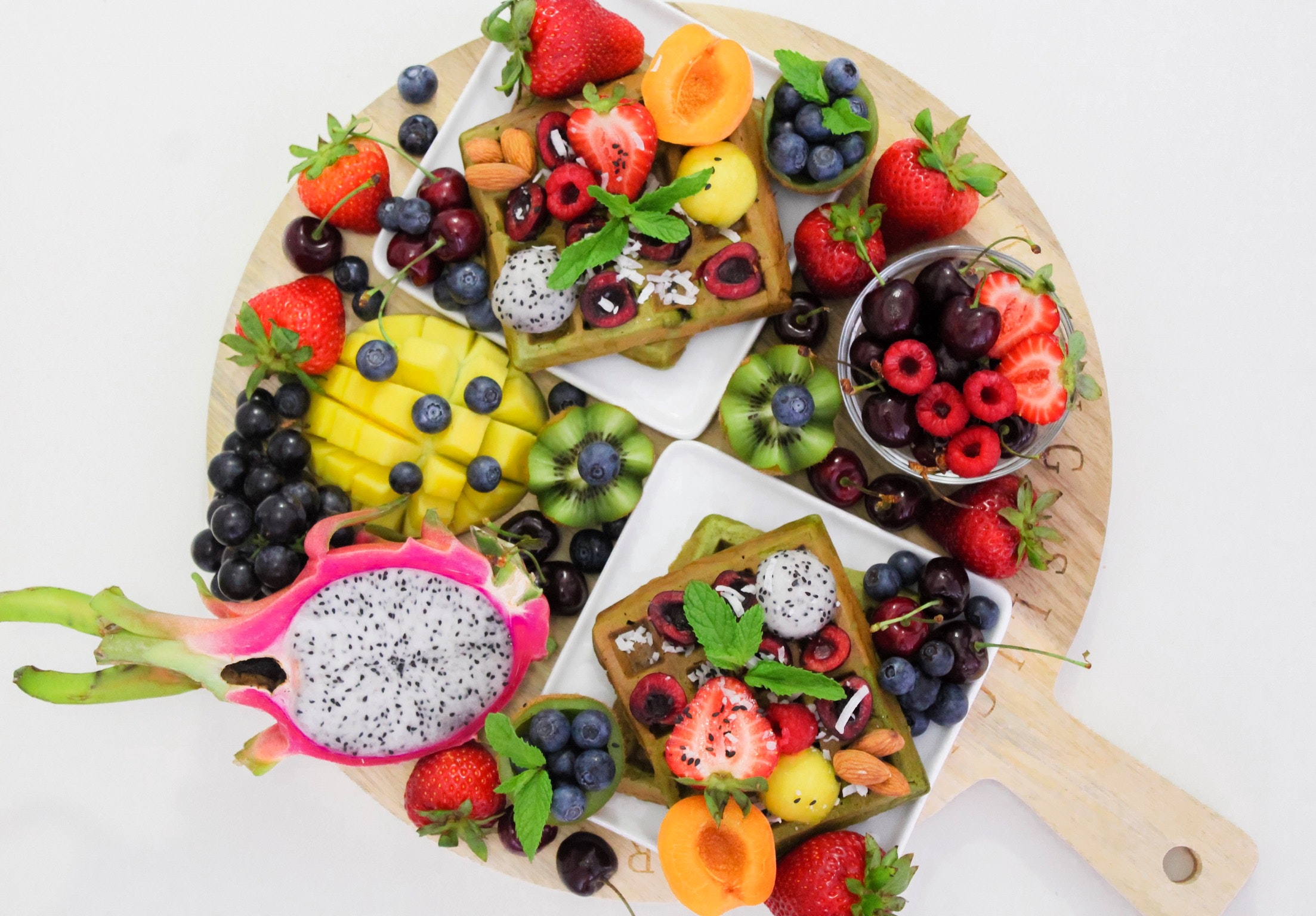
Apart from external tips, making a few changes in your diet may give you dramatic results. Doctors and dermatologists across the world will agree that sufficient intake of water and a balanced and nutritious diet will do wonders for your skin and health, posing as a solution to several skin troubles. For starters, drink at least 8 to 10 glasses of water a day to keep your body (and skin!) hydrated and flush out intoxicants. Eating food rich in fatty acids such as fish or walnuts may reduce inflammation. Including nuts and seeds in your diet are a great and easy source of nutrients including Vitamin E (an antioxidant for the skin). Vitamin sources like oranges, carrots, spinach, and sweet potatoes act as a natural sunblock and prevent various sun damage. Vitamin C-rich tomatoes are a major source of carotenoids which prevents wrinkling!
And while you do not need more reasons to eat chocolate, dark chocolate is a high source of antioxidants improving your skin health and texture. While these are just some options- essentially what you eat affects your skin health so ensure that you have a balanced and nutrient-rich diet.
A healthy inside is going to reflect a healthy outside. Learn more about your gut can make you more beautiful inside out: How Your Gut Health Can Make Your Skin Beautiful
One of the most uncommon but vital beauty tips is taking care of your mind. A healthy mind is a way towards healthy skin. Manage stress, get enough sleep and do things you enjoy – it is an added benefit if you look and feel healthy along the way!
Charene Beauty Specializes in Facial Treatments that can give you great results. We are experts in facial spa, blackhead extraction, hydrafacial, diamond glow, and more!
Book an appointment by calling: 203 656 4440

